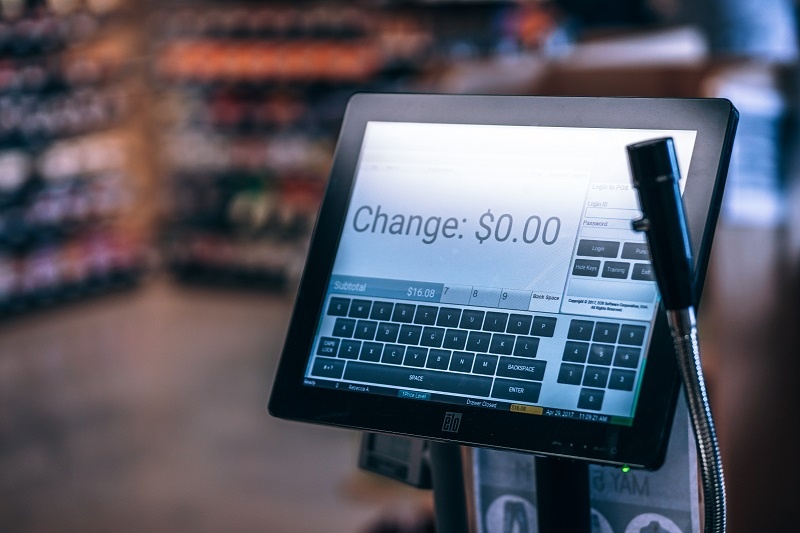Study: Automation Putting US Jobs at Risk

A new study is shedding light on which careers and populations are most vulnerable to automation-induced job loss. Using data from the Bureau of Labor Statistics and the University of Oxford’s study on “The Future of Employment,” researchers identified the 170 most at-risk occupations based on their probability of being replaced by machines, robots, and automation. From there, they determined how many potential jobs across America’s workforce and communities are in jeopardy.
Key Findings
- 28% (41 million) US jobs are considered most “at-risk” to automation
- South Dakota, Nevada, and Florida are the states most vulnerable to job loss
- Las Vegas, Orlando, and Miami are the metro areas most vulnerable to job loss
In Las Vegas, one-third of jobs are at risk of automation. In Miami, Orlando, Tampa and San Antonio, over thirty percent of jobs are at risk. In terms of states that could see the most potential job loss due to automation, South Dakota ranks number one with 33.5% of jobs lost. Nevada comes in second with 32.5% of the current workforce at risk. Meanwhile, Florida ranks third with over two million jobs at risk. And the hardest hit occupation in all three states? Retail salespersons.
Jobs Most Susceptible to Automation
When determining the most at-risk occupations, researchers analyzed the probability of automation for 702 detailed occupations by using an algorithm that considered several factors within each occupation. These factors include negotiation, social perceptiveness, manual dexterity, persuasion and originality. Occupations within the service industry are most at risk for automation, specifically cashiers, retail salespersons and fast food employees.
Want a job that’s unlikely to be automated? Careers that require critical thinking and human interaction are less likely to be automated. For example, social workers and physical therapists must work closely with others and make important decisions on a daily basis. On the other hand, routine jobs that require little skill are most at risk of being replaced by machines. Read our list of the top 20 careers in 2020 for high-growth jobs that are unlikely to be automated.


